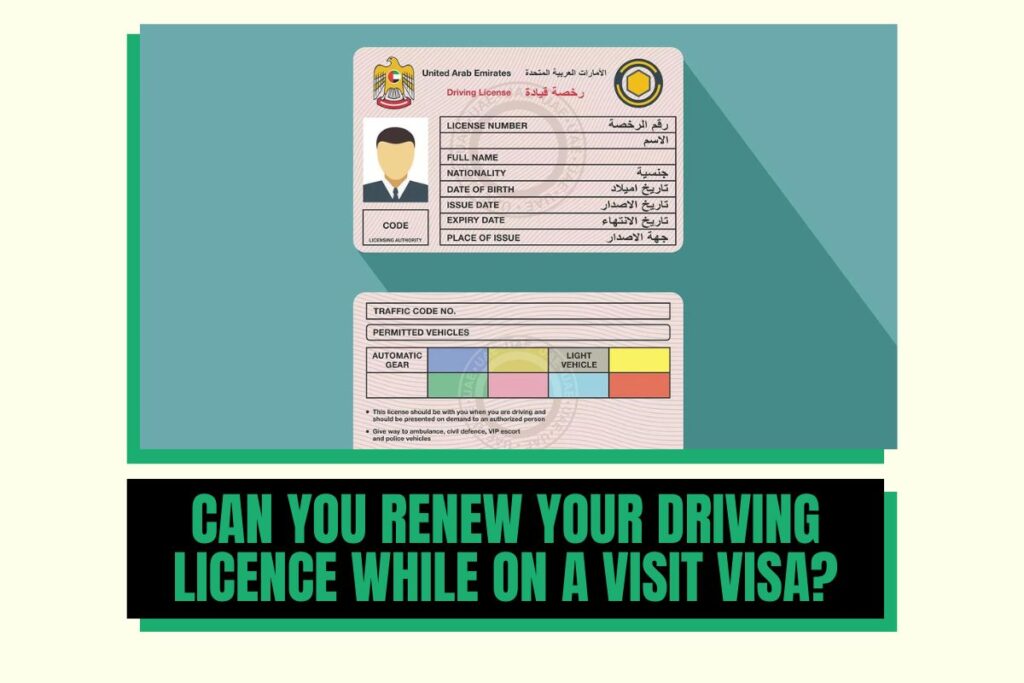Divorce is a significant life event that can be especially complex for expatriates living abroad. For Indian couples residing in the United Arab Emirates (UAE), the process of initiating divorce proceedings and determining matters such as child custody and alimony can raise numerous questions.
In this article, we’ll explore the legal landscape for Indian expat couples seeking divorce in UAE courts, highlighting the applicable laws, options, and considerations.
Understanding the Legal Framework
The UAE Personal Status Law for Non-Muslims
For non-Muslim individuals living in the UAE, divorce proceedings can be initiated under the recently enacted UAE Personal Status Law for Non-Muslims. According to Article 1 (1) of this law, it applies to non-Muslim citizens of the UAE and non-Muslim foreigners residing in the country.
However, individuals can also choose to apply their respective religious laws if they wish, pertaining to matters of marriage, divorce, estate, will, and proof of affiliation.
Applying Indian Personal Laws
Indian expat couples can apply the personal laws of India to their divorce cases in UAE courts. The applicable laws depend on the religious affiliation of the couple:
- Hindu, Sikh, Jain, and Buddhist Couples: These individuals can apply the provisions of the Hindu Marriage Act of 1955 for matters related to divorce, alimony, and child custody. Additionally, the Hindu Minority and Guardianship Act of 1956 applies to issues concerning the guardianship of minor children.
- Christian Couples: Indian Christians can utilize the Indian Divorce Act of 1869 for divorce proceedings, alimony matters, and custody arrangements for minor children.
- Parsi Couples: The Parsi Marriage and Divorce Act of 1936 applies to Parsi individuals seeking divorce, alimony, and custody arrangements in the UAE.
- Special Marriage Act: Individuals married under the Indian Special Marriage Act of 1954, especially when belonging to different religions or not wishing to follow religion-specific laws, can use this Act for divorce, alimony, and child custody matters.
- Foreign Marriage Act: Couples married outside India under the Indian Foreign Marriage Act of 1969 can turn to the Indian Special Marriage Act of 1954 for their divorce, alimony, and custody proceedings.
Validity of UAE Judgments in India
While applying Indian personal laws is an option for non-Muslim expats, it’s essential to consider the validity of judgments issued by UAE courts in India. Section 13 of the Indian Civil Procedures Code outlines conditions under which a foreign judgment is recognized in India.
Factors such as the jurisdiction of the court, merits of the case, adherence to international law, natural justice, absence of fraud, and compatibility with Indian laws can influence the recognition of a UAE judgment in India.
Divorce Procedure for Indian Muslims
For Indian Muslims residing in the UAE, the Sharia procedures and provisions of the UAE Personal Status Law come into play when seeking divorce, determining alimony, and deciding child custody matters.
Conclusion
The process of seeking divorce for Indian expat couples in the UAE involves a delicate interplay of personal, religious, and international laws. Understanding the options available and navigating the legal landscape is crucial to ensuring a smooth and just divorce process.
For non-Muslim couples, applying Indian personal laws can provide a framework for resolving divorce, alimony, and child custody matters. However, it’s essential to be mindful of the recognition of UAE judgments in India and the specific procedures for Indian Muslim couples. Consulting legal experts well-versed in both UAE and Indian laws can provide the guidance needed to navigate these complexities and secure a fair resolution.


![Company Revoke Job Offer Before Joining? [Solution]](https://magicaluae.com/wp-content/uploads/2024/02/Revoke-Job-Offer-Before-Joining-1024x683.jpg)


